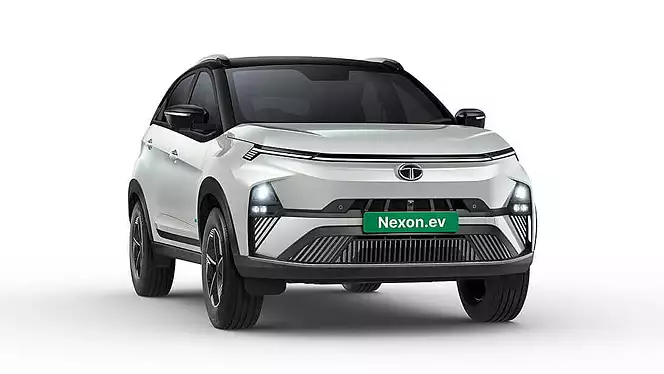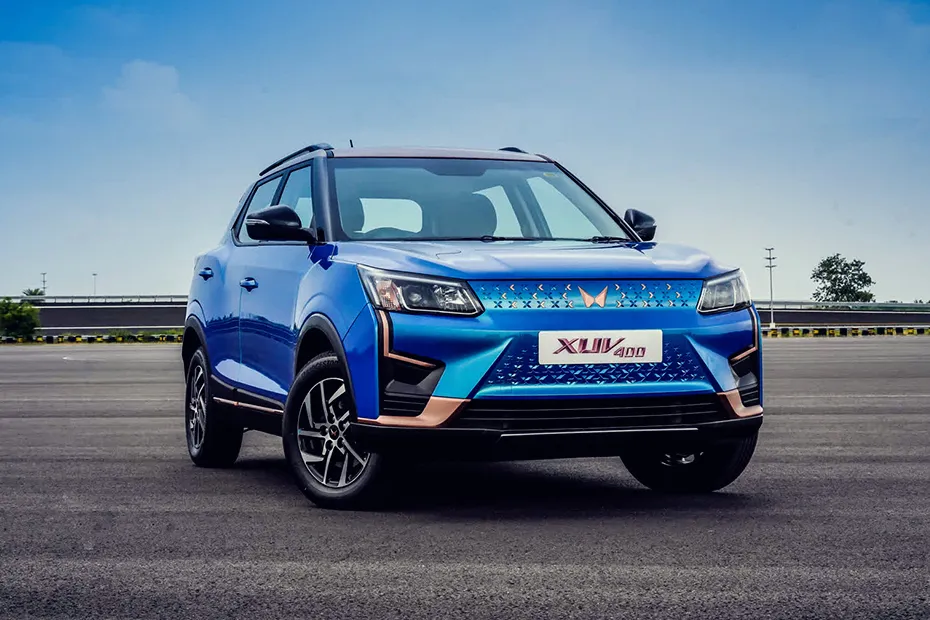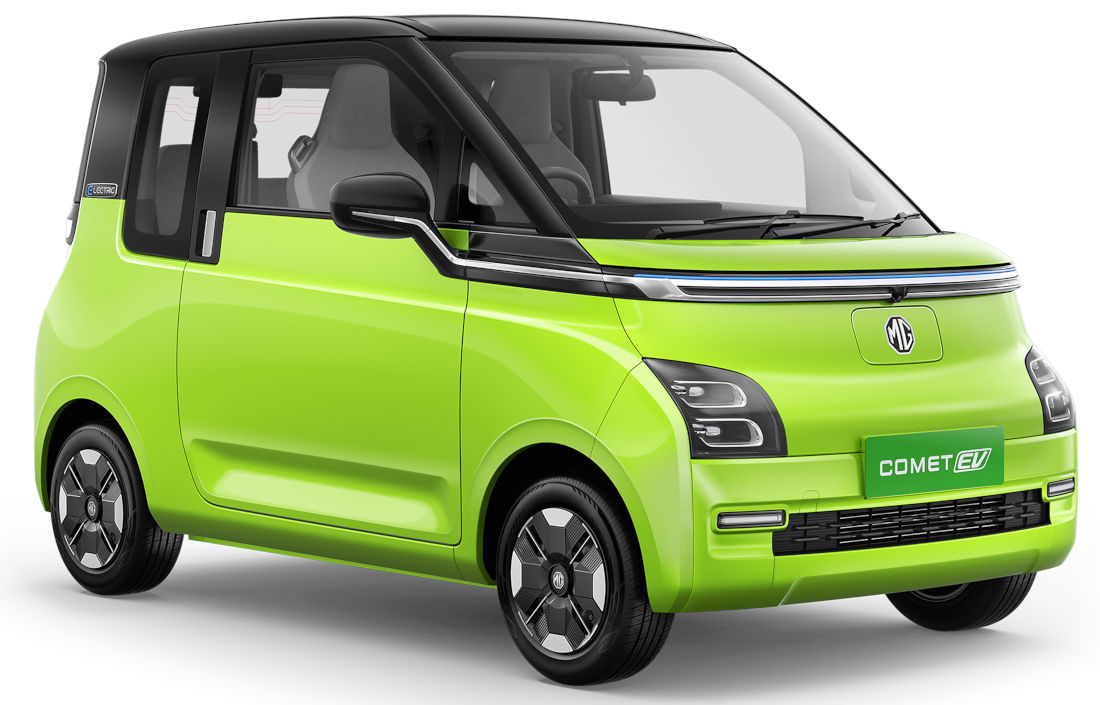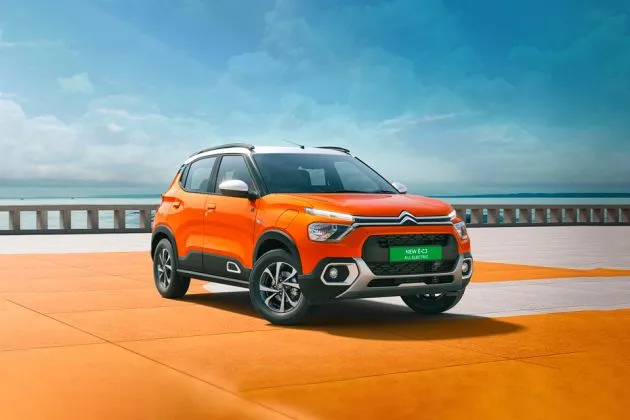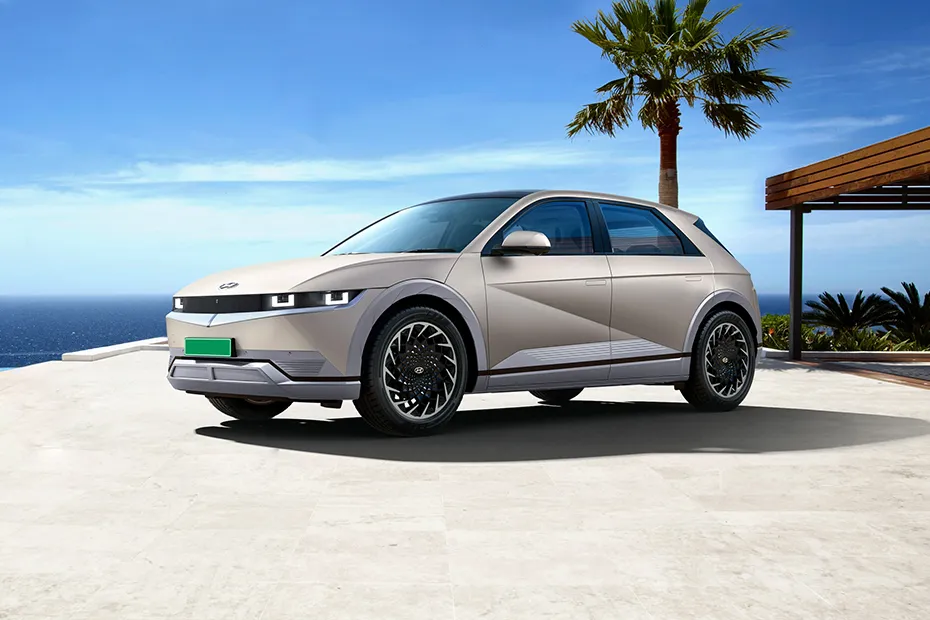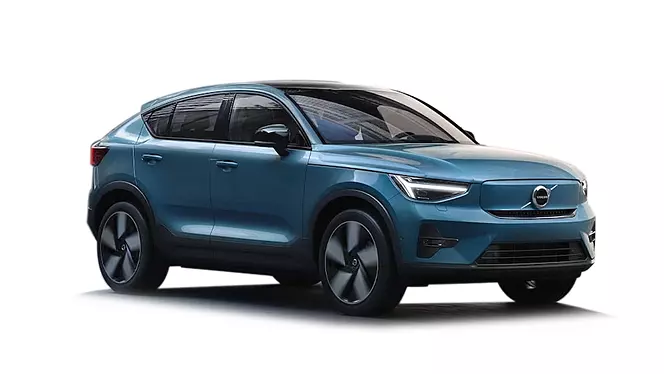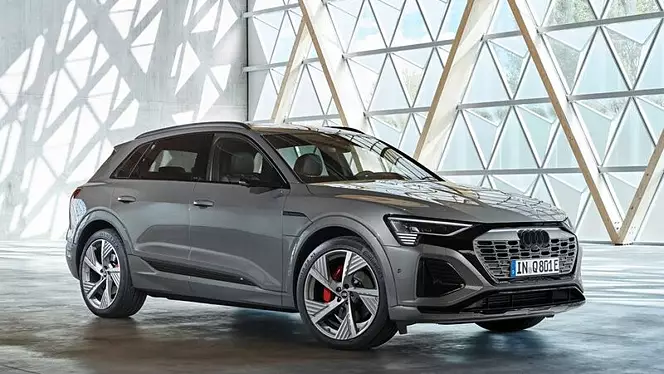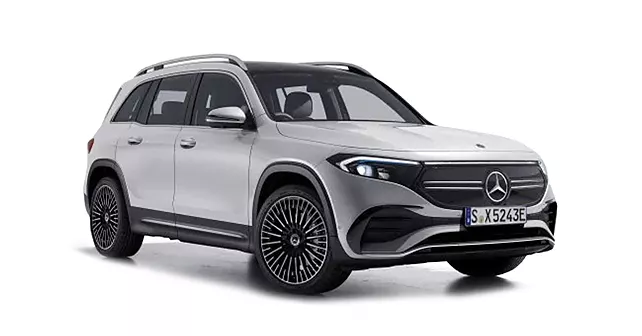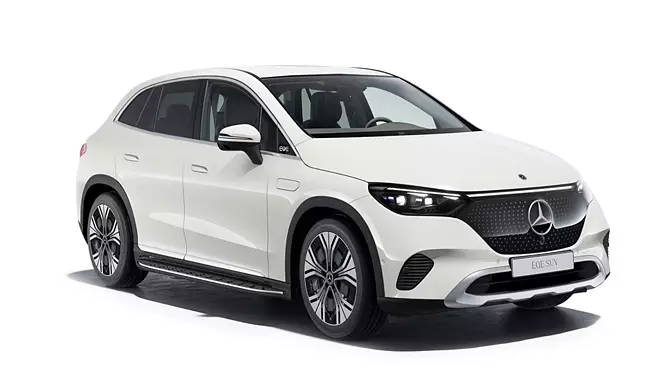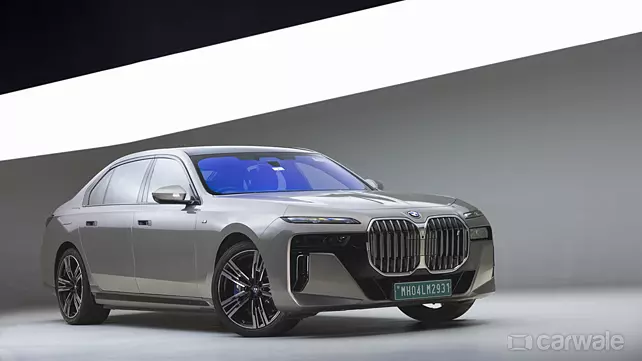The year was a phenomenal game-changer when it comes to the revolutionary gamechanger in the electric vehicles quotient in India. From EV leaders Tata to South Korean giants Hyundai, all were a part of the big boom in the transport industry in the country.
To put matters into perspective, over six major electricity operated cars were introduced in the market from the stable of car manufacturing leaders. We list the massive advancements that took place in the industry across the year.
Tata Nexon EV
India’s best-selling EV car of the year, Tata Nexon EV facelift is all set to storm the industry, incorporating multiple quality-of-life features in the vehicle. The regular Nexon EV has bore witness to considerable appeal across the board with it garnering the most number of sales, having witnessed over 50,000 sales in the country, since its launch in 2020. There have been a range of upgrades in the car, ranging from its design to its features.
The Nexon EV facelift is available at a starting price of Rs 14.74 lakh (ex-showroom), and promises to cover a 465 km-range on a single charge, accelerating to 0-100 kmph within nine seconds.
Mahindra XUV400
The giant of the homegrown SUV industry, Mahindra, has now decided to overhaul its stable of EVs as well, with the introduction of the company’s first electric powered SUV. A direct competition to Tata’s Nexon EV, the Mahindra XUV400 is priced at Rs 15.99 lakh (ex-showroom), it aims to be a showstopper in the compact SUV segment.
Presently, the car is available at two different battery options, with both promising 456-kilometre range on a single charge.
MG Comet EV
The most affordable electric vehicle available in the country, the MG Comet EV, does not promise much but excels at everything it says it will do. With its exterior body looking as sharp as ever, MG opted for a more clinical and urban finish for the small, hatchback. Unlike the other cars on the list, the Comet EV is only perfect for on-road travel within the city, with a range of 230 km range being offered on a single charge.
The car is a direct obstacle to Tata’s Tiago EV, which was the most affordable EV when it launched. MG has kept the price at Rs 7.98 lakh (ex-showroom) for the compact hatchback.
Citroen eC3
A debutante in the Indian passenger vehicle market, the French giant took a deep dive to introduce its segment of electric vehicles through the e63. The electric vehicle is priced at Rs 11.50 lakh (ex-showroom) offering a maximum of 320 kilometres range on a single charge.
The electric SUV is available in four different EV variants, powered by a 29.2 kWh battery, promising a top speed of 107 km/h.
Hyundai Ioniq 5
The South Korean car manufacturing giant, Hyundai, has now paved the way forward into the EV spectrum as well with the release of the Ioniq 5 this year. The electric SUV arrives to compete against the Kia EV6 with a more affordable price tag of Rs 44.95 lakh (ex-showroom). The EV also claims to have fast-charging enabled which charges the battery from 10 to 80 per cent in just 18 minutes.
The electric vehicle has a 72.6 kWh battery pack, promising a 631 kilometre range on a single charge. Armoured with 214 bhp of peak power and 350 Nm of maximum torque, the car boasts a long battery life with peak performance.
Volvo C40 Recharge
Following the release of the Swedish car-manufacturing company’s first EV in the country, after the XC40 Recharge. The EV gets its power from a 78kWh battery pack paired with dual electric motors.
The electric SUV is priced at Rs 61.25 lakh (ex-showroom).
Audi Q8 e-tron and Sportback e-tron
The German car manufacturer launched both the SUV and the Sportback in the middle of 2023, priced in the luxury segment of Rs 1.14 crore and Rs 1.8 crore (ex-showroom). Both the cars can travel across a range of 600 kilometres on a single charge. Both were launched in two trims — 50 and 55.
The 50 variant is powered by a 71 kWh battery, while the 55 variant is powered by a larger 114 kWh battery pack.
Mercedes Benz EQB
The other German car manufacturer has also gone above and beyond to introduce their EV segment in the country. The EQB 350 4Matic electric SUV at a range of Rs 77.50 lakh (ex-showroom), replaced the earlier EQB 300 4Matic in December 2022.
The luxury SUV is powered by a 66.5 kWh battery pack. With significant enhancements, the car boasts 288 bhp peak power and 520 Nm of maximum torque.
Mercedes Benz EQE
Following the two releases of their EV segments, EQB and EQS, the luxury car giant could not stay too far away from the spotlight with the introduction of the EQE, competing against the likes of Audi Q8 e-tron and the BMW i series. The Mercedes Benz EQE 500 4Matic runs on a single charge at a range of 550 kilometres.
Powered by a 90.56 kWh battery pack with dual motors, the SUV can accelerate from 0-100 in 4.9 seconds at a top speed of 120 kmph.
BMW i7
A direct competition to Mercedes Benz’s EV segments, the BMW i7 is an electric sedan launched at a price tag of Rs 2.50 crore (ex-showroom). The BMW i7 M70 xDrive is the first in its category to operate with a 101.7 kWh battery pack powering the vehicle with dual electric motors.
The car promises to generate a range of over a range of 56o kilometres.









